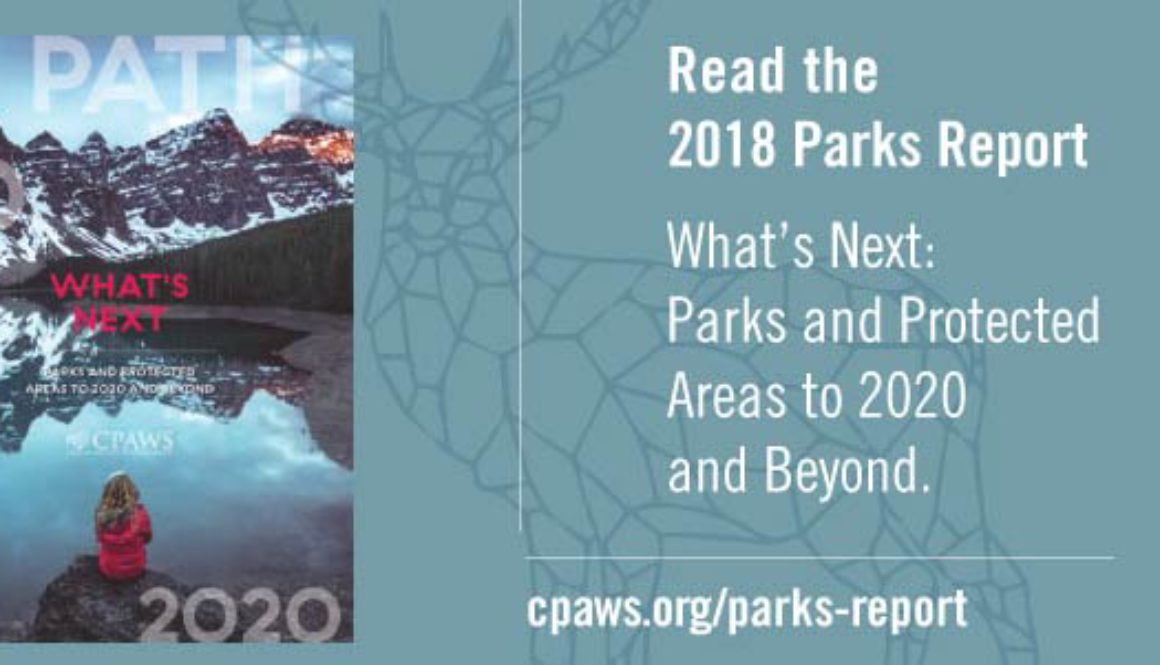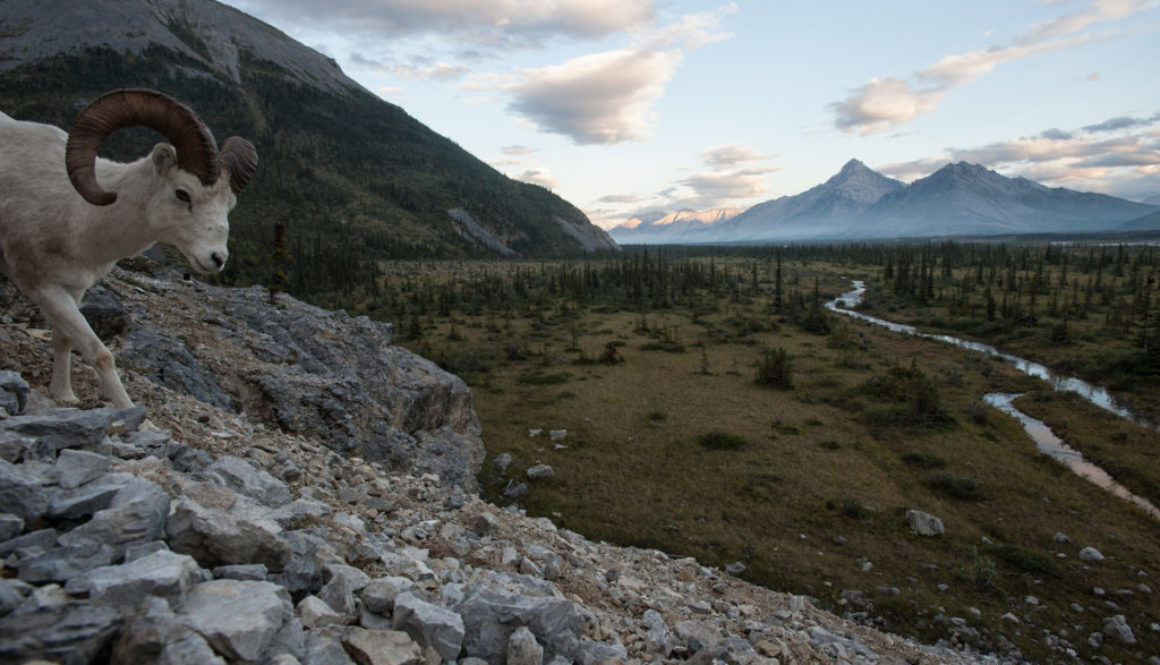
2018


Ottawa’s $1.3 billion commitment shows wilderness conservation a serious priority
Header Image: Peter Mather
Not often have we been excited about a federal budget.
Earlier this week, that all changed. On Tuesday, the Liberal government committed a historic $1.3 billion to protecting our country’s land and water. For us, a non-profit dedicated to protecting the Yukon wilderness, this is huge news.
CPAWS was part of the Green Budget Coalition that urged the federal government to prioritize the health of Canada’s ecological systems by making a historic commitment to conservation. Earlier this year, 116 parliamentarians signed an open letter to the Finance Minister Bill Morneau supporting these recommendations, including Yukon MP Larry Bagnell.
The government listened. What’s now clear: our country is making protecting our land and water a priority. This unprecedented investment will support Canada’s efforts to achieve its UN commitment to protect at least 17% of our land and 10% of our ocean by 2020. Our vast, iconic wild spaces are what we take so much pride in, and we are one of the last countries left on earth to that still has the opportunity to protect significant swaths of wilderness, like our beloved Peel Watershed.
Tuesday’s $1.3 billion commitment is a legacy investment. It’s a statement that the government wants to look past short-term gains to invest in the long-term health of our planet. It’s an investment in the next generation, and the generation after that.
For the first time, the budget is allocating specific funds to support conservation efforts by Indigenous governments, provinces and territories. This cost-shared model is what’s already used for sectors like infrastructure, climate change mitigation and health care.
In the Yukon, this means the territorial government will receive the support it needs to invest in new parks and protected areas, bring Land Use Planning back on track and overall, ensure the ecological integrity of our incredible wilderness.
It also means that there will be support for First Nations governments in the Yukon to lead their own conservation efforts, with the possibility of Indigenous Guardian Programs that have proven so successful in places like B.C.’s Gwaii Haanas National Marine Park Reserve.
We’re looking forward to learning more about what this funding means and how it will be broken down in Canada and in the Yukon. Our territorial budget also came out this week and we didn’t see much in terms of funding for conservation. We hope the Yukon government soon follows in the footsteps of Ottawa’s commitment to protecting our wilderness.
We’d like to extend a huge thank you to Finance Minister Bill Morneau, Prime Minister Justin Trudeau and Environment Minister Catherine McKenna for pushing our country to be an international leader in conservation. Take a moment to thank them yourself!
A historic investment in conservation in Federal Budget 2018
Whitehorse, Yukon, Feb. 27, 2018 – CPAWS Yukon applauds today’s announcement of $1.3 billion dollars of new federal funding over five years to protect Canada’s land, ocean and wildlife. This unprecedented investment will support Canada’s efforts to achieve its commitment to protect at least 17% of our land and 10% of our ocean by 2020, delivering on the Prime Minister’s promise that Canada will achieve and substantially exceed this target in the coming years.
“The federal government’s announcement today that they are investing over a billion dollars in conservation is truly a game changer,” said Chris Rider, CPAWS Yukon’s Executive Director. “It will provide Yukon Government and Yukon First Nations with the financial resources to ensure the ecological integrity of the Yukon’s wilderness.”
Highlights of Federal Budget 2018 conservation investments include:
• $500 million over five years for a new $1 Billion “Nature Fund” to support conservation
partnerships and which will leverage funding from other government and non-governmental
sources;
• $800 million over five years to support:
– New federal protected areas
– Increased capacity for national park management
– Increased capacity to protect species at risk
– Funding to establish a coordinated network of conservation areas working with provincial, territorial and Indigenous partners.
For the Yukon, this means:
• The Yukon government will receive the support it needs to invest in new parks and protected areas, including those identified in the Peel Watershed Final Recommended Plan
• New funding is available to support Yukon Government and the First Nation governments as they work to bring Land Use Planning back on track
• First Nations governments will have access to funds to support their own work on wilderness protection in their traditional territory
As the details of this new funding becomes clear, CPAWS Yukon hopes to see more information about possibilities for Indigenous protected areas and Indigenous guardian programs.
For the first time, the federal budget not only allocates funding for federal action on nature conservation but also includes significant support for the Yukon government and First Nation governments’ work to establish more protected areas. This cost-shared model is similar to the approach used to deliver on other shared priorities in Canada, such as infrastructure, climate change mitigation, and health care.
CPAWS Yukon deeply appreciates the efforts of many thousands of Canadians who wrote to the Finance Minister, and of the 116 parliamentarians – including Yukon MP Larry Bagnell – who signed an open letter supporting this historic funding.
To arrange interviews or for further information please contact: Nadine Sander-Green (867-393-8080 ext. 9 or nsander-green@cpawsyukon.org) or Chris Rider (867-393-8080 ext. 4 or crider@cpawsyukon.org)
